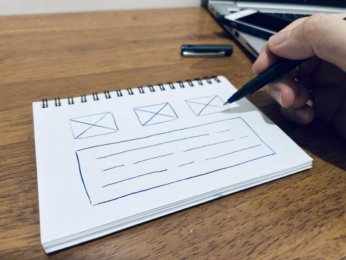Want to know an easy way to speed up and improve the overall performance of your website?
Invest in good hosting.
Ignorance is no longer an excuse for any company to use a cheap web host.
Website performance is a critical element that can help improve your rankings, traffic and conversions.
This guide will cover everything you need to understand about why web hosting is important for SEO.
What is website hosting
A website hosting service provider, or web host, is a service that offers the technology required for a website to be viewed online.
Think of a web host as the home base of your website. Websites or webpages are stored on special computers called servers, and through the server your webpages get connected and delivered to internet browsers.
So, when users want to view your website, all they have to do is type your website address or domain into their browser.
When building a website, companies typically invest a lot of time and resources on design, development, digital marketing and SEO.
But web hosting is one area that tends to be an afterthought.
If you are willing to invest in making sure the website looks good and driving traffic to it, why not also ensure that the actual website is fast, functional and flexible?
Using a high-quality web host can maximize your conversion rates, along with other helpful benefits.
How web hosting benefits businesses
If you want a website for your business, then you will need a web host. Although web hosting is usually left at the back of a business’ mindset, it is crucial for your online presence.
A reliable web host can give your company a variety of benefits, such as:
- Improved site performance.
- Effective data management.
- Enhanced security.
- High uptime.
In short, investing in a reliable web host is wise – and should help grow your business.
Read more: Web hosting for SEO: Why it’s important









